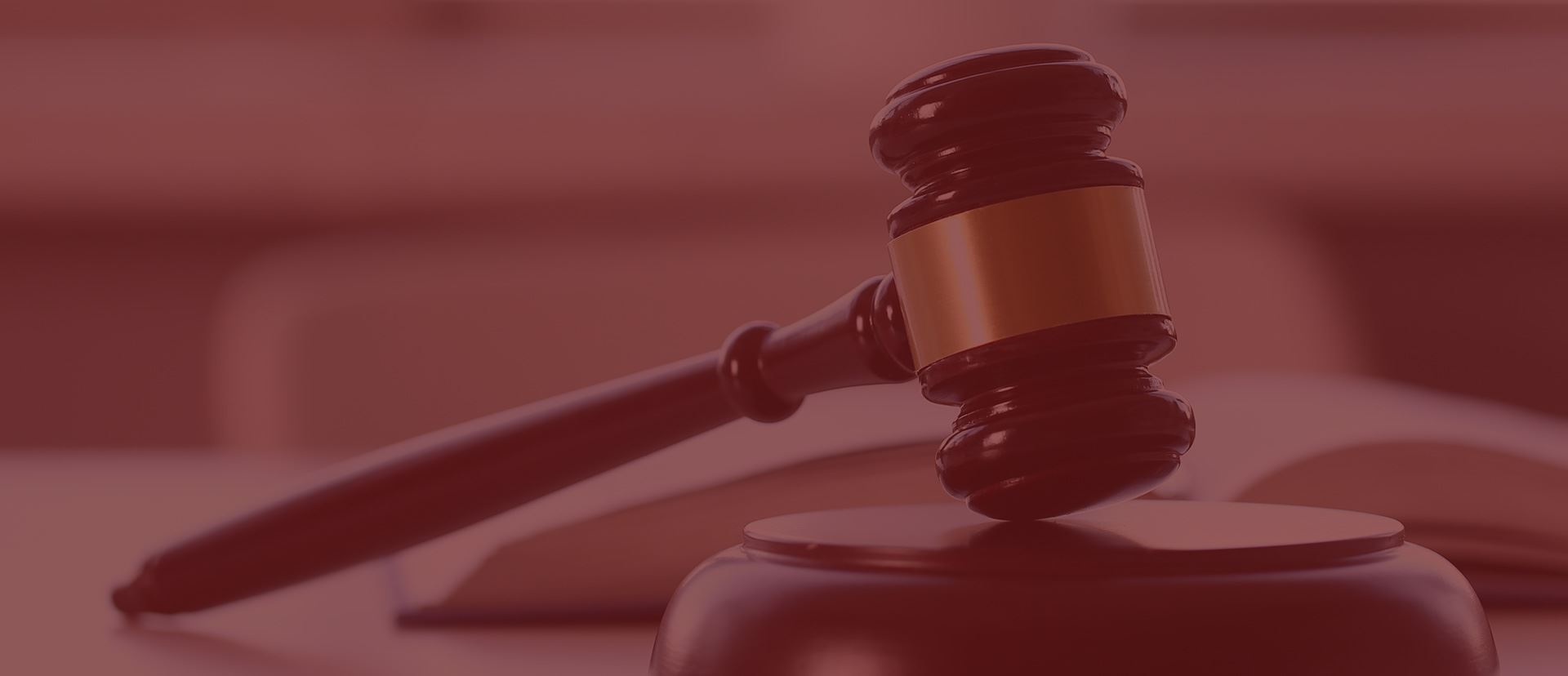In modern healthcare, medical devices are essential in diagnosing, treating, and managing numerous health conditions. From pacemakers to insulin pumps, these devices have transformed lives, significantly improving the quality of care. However, when a medical device fails or causes harm, it can lead to severe injuries or even life-threatening situations. Understanding your rights and knowing what steps to take if a medical device injures you or a loved one is crucial for seeking justice and protecting future patients.
The Importance of Knowing Your Rights
Medical device injuries can result from defects, improper use, or inadequate warnings about potential risks. When these injuries occur, patients are often left with physical pain, emotional distress, and mounting medical bills.
Knowing your rights empowers you to take appropriate legal actions to hold manufacturers accountable and seek compensation for your losses.
Legal Actions Available for Victims of Medical Device Injuries
3 Types of Medical Device Injury Claims
Victims of medical device injuries can pursue several types of claims, including:
- Product Liability Claims: These claims are based on the premise that the medical device was defective due to design flaws, manufacturing errors, or insufficient warnings. With a product liability claim, you must prove that the device was inherently unsafe and directly caused your injury.
- Negligence Claims: If a healthcare provider's negligence in recommending, using, or monitoring the medical device led to your injury, you might have grounds for a negligence claim. This requires demonstrating that the provider failed to meet the standard of care expected in their profession.
- Breach of Warranty Claims: These claims arise when a medical device does not perform as the manufacturer or seller promises. A breach of warranty claim can be based on either express warranties (explicit promises made about the product) or implied warranties (assumed assurances that the product will work safely).
Potential Damages
Victims who successfully pursue medical device injury claims may be entitled to various types of compensation, including:
- Medical Expenses: Medical expenses include coverage for past, present, and future medical costs related to the injury.
- Lost Wages: Compensation for income lost due to the inability to work is defined as lost wages.
- Pain and Suffering: You may be eligible for monetary compensation for physical pain and emotional distress caused by the injury.
- Punitive Damages: In cases of egregious misconduct by the manufacturer, punitive damages may be awarded to punish and deter future wrongdoing.
Timeline for Legal Actions
It's essential to act quickly if you suspect a medical device has caused an injury. Kentucky has a one-year statute of limitations for personal injury claims, including those involving medical device injuries. This means that you generally have one year from the date of the injury or when you discovered (or reasonably should have discovered) the injury to file a lawsuit.
However, it's important to consult with an experienced attorney as soon as possible to ensure all deadlines are met and to address any specific details that might affect your case.
Reporting Medical Device Injuries to Regulatory Agencies
In addition to seeking legal recourse, reporting medical device injuries to regulatory agencies such as the U.S. Food and Drug Administration (FDA) is vital. Reporting helps these agencies monitor the safety of medical devices, identify potential hazards, and take necessary actions to prevent further injuries. You can file a report through the FDA's MedWatch program, providing details about the device, the injury, and any adverse effects experienced.
By reporting the incident, you contribute to a broader effort to improve medical device safety and protect other patients from similar harm.
Hiring Brett H. Oppenheimer, PLLC, for Legal Representation
Navigating the legal complexities surrounding medical device injuries can be daunting. Hiring a skilled and knowledgeable law firm like Brett H. Oppenheimer, PLLC, can help improve the outcome of your case.
Our attorney brings various skills to the table, including:
- Expertise and Experience: Attorney Brett H. Oppenheimer specializes in personal injury and product liability cases, with a proven track record of successfully representing clients injured by defective medical devices.
- Comprehensive Case Evaluation: The firm conducts thorough investigations to gather evidence, consults with medical experts, and builds a solid case to support your claim.
- Negotiation Skills: With extensive experience negotiating with insurance companies and manufacturers, our attorney works to secure fair settlements for clients without needing prolonged litigation.
- Courtroom Representation: If a fair settlement cannot be reached, Brett H. Oppenheimer is prepared to represent you in court, presenting a compelling case to advocate for your rights.
Experiencing a medical device injury can be a traumatic and overwhelming event. Understanding your rights and taking prompt legal action is essential to seek justice and secure compensation for your losses.
By enlisting the expertise of Brett H. Oppenheimer, PLLC, you can more effectively navigate the complex legal landscape and focus on your recovery.
If a medical device has injured you or a loved one, request a free consultation for legal assistance and take the necessary steps to protect your rights.
